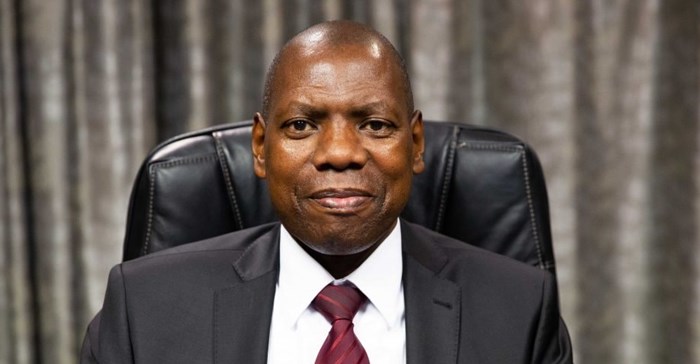






"Across the globe, younger healthcare professionals juggle immense responsibility with long working hours, leading to stress and potential burnout - but the report places South Africans are the forefront. 82% reported regularly experiencing work-related stress, among the highest across all 15-countries, while 43% considered leaving the profession as a result of work-related stress; 9% higher than the 15-country average."
These are some of the critical findings released in the 2020 Philips Future Health Index (FHI) report, which looked into the readiness of the younger generation frontline workers to manage the demands presented by current and future health. It revealed concerning statistics indicating low career satisfaction amongst our future workforce, due to high levels of work-related stress, poor infrastructure and limited access to information, outdated technology, as well as the lack of post-graduate skills development opportunities.
There's a lot to focus on, especially the resilience and sustainability of our healthcare system. The first major issue is ensuring that there are adequate human resources, well-trained and motivated staff of various categories, to render the best necessary health services, said Health Minister Zweli Mkhize at the Forbes Africa Philips Future of Health Virtual Conference.
Secondly, is ensuring that South Africa has the right medical infrastructure enabling medical facilities and its staff to deliver quality care, irrespective of the circumstances. Mkhize also pointed out the need to improve the quality-of-care, referring to the overall conditions of hospital wards; such as its cleanliness, availability of linen and equipment. He emphasised the need to improve the medical care management culture within the industry.
"Processes need to happen quickly and efficiently to ensure that there are no unnecessary and undue delays in the whole system, eliminating financial management issues and corruption.” he said. The last factor the minister pointed out is the need to improve the information system and increase access to technology. All of these issues raised by the minister, if solutions are implemented, could strengthen the system and prevent a large-scale exodus of younger medical professionals.